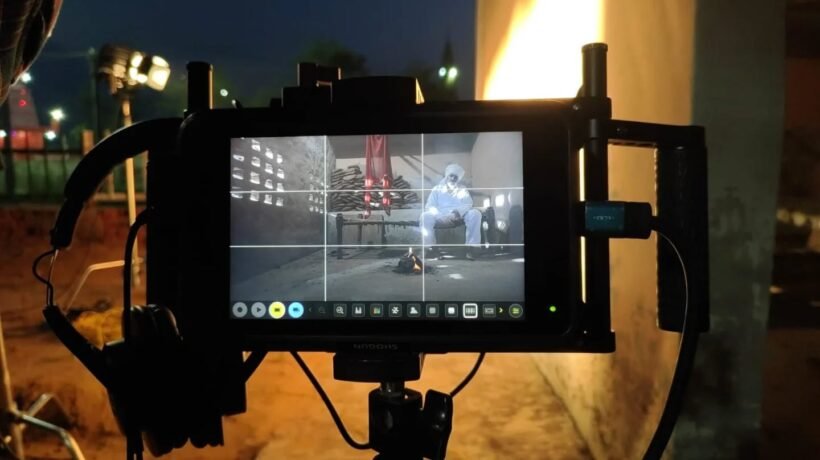The world of cinema is ever-evolving, and to stand out as a successful filmmaker, mastering core filmmaking techniques for directors is essential. Whether you’re an aspiring director, pursuing a videography course, or considering a diploma in film making, understanding these techniques will elevate your storytelling and on-screen impact.
In this blog, we explore fundamental and advanced filmmaking techniques that every director should know — especially those stepping into the world of video production.
🎥 1. Master the Art of Visual Storytelling
A good filmmaker doesn’t just tell a story — they show it. Directors must focus on composition, camera movement, lighting, and symbolism to convey emotion without relying heavily on dialogue.
Tip: Learn to storyboard and plan your shots. This is emphasized in most professional videography courses and filmmaking diplomas.
🎬 2. Use Camera Angles and Movements Intelligently
Each camera angle tells the audience something different. A low-angle shot can make a character look powerful, while a handheld camera brings raw, emotional energy.
Some techniques to learn:
- Tracking shots for immersive scenes
- Over-the-shoulder shots for conversations
- Crane shots for dramatic reveals
Enrolling in a diploma in filmmaking helps you practice these techniques under expert guidance.
✂️ 3. Learn the Language of Editing
Editing is where your film truly takes shape. Understanding pacing, transitions, and continuity ensures that your video production flows smoothly.
Common editing techniques include:
- Jump cuts for energy
- Cross-cutting for tension
- Match cuts for seamless storytelling
Most video production training modules cover these in depth.
🔊 4. Sound Design and Music Matter
Directors often overlook sound, but it plays a vital role in storytelling. The right soundtrack and effects can turn an ordinary scene into something unforgettable.
Bonus: Many videography courses now include sound design as a core module.
🎭 5. Directing Actors with Clarity
A great director brings out the best in actors. Communication, scene rehearsals, and understanding character arcs are all essential parts of the process.
This is a major focus in any reputed diploma in filmmaking program.
🎓 How to Learn These Techniques?
If you’re serious about becoming a filmmaker, hands-on education is key. Look for a certified videography course or diploma in filmmaking that offers:
- Real-time shooting experience
- Post-production training
- Project-based learning
- Portfolio development
At [Your Institute’s Name], we help future directors master these filmmaking techniques through practical training and expert mentorship.
🚀 Final Thoughts
Whether you’re just starting out or looking to refine your craft, learning filmmaking techniques for directors is a lifelong journey. With the right training, tools, and guidance, you can transform your vision into cinematic reality.
👉 Ready to become a filmmaker? Explore our diploma in film making and videography course to kickstart your career in professional video production today! strum exercitationem ullam




